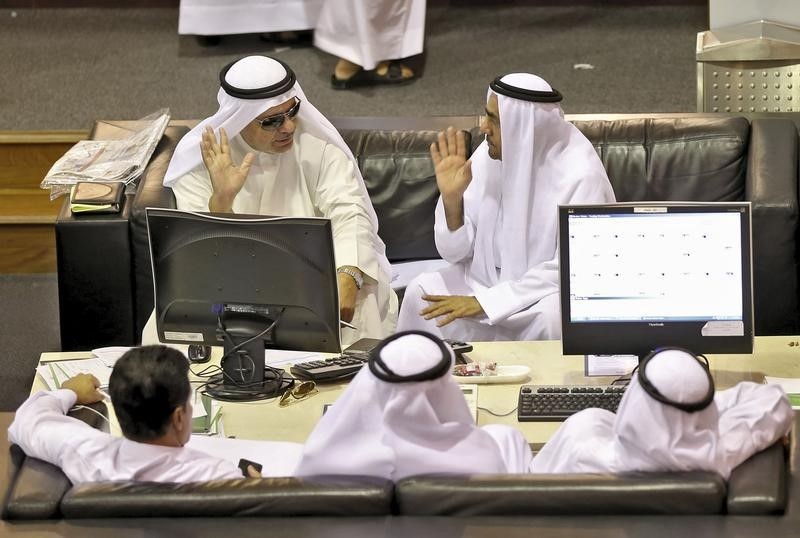DUBAI (Reuters) - More than a third of Arab banks have seen their business links with foreign banks shrink over the past four years because of pressures such as economic sanctions and concern about money laundering, according to a study published on Monday.
"The inability of banks in some Arab countries to enter into correspondent relationships with foreign banks could have a deleterious impact on trade and remittances and ultimately on real economic activity," the Arab Monetary Fund said in the study.
"Consequently, this is an increasingly important challenge facing Arab countries."
Senior officials in the Gulf, including the central bank governors of the United Arab Emirates and Bahrain, have publicly complained in the past year about the reluctance of international, particularly U.S., banks to deal with some of their Arab counterparts.
The study by the Arab Monetary Fund, in cooperation with the International Monetary Fund and the World Bank, tried to gauge the extent of the problem by surveying 216 banks operating in 17 Arab countries this year.
Almost 39 percent of banks said there had been a significant decline in the scale and breadth of their correspondent banking relationships between 2012 and 2015. Fifty-five percent reported no change and 5 percent, an increase.
The number of correspondent banking accounts being closed seems to be increasing, with 63 percent of banks reporting the closure of such accounts in 2015 compared with 33 percent in 2012, the survey found.
Forty percent of Arab banks said U.S. lenders were most prone to withdraw from correspondent banking relationships with them, followed by British and German banks.
The survey found that bankers believed concern over money laundering and the financing of terrorism was only the fifth most important reason for ties to be cut.
Shrinking appetite for risk among foreign banks, sanctions and other changes to regulations in their home countries, a lack of profitability in doing business and sovereign credit risk in Arab countries were bigger reasons.
Among Arab banks whose relationships were cut, 63 percent were able to find replacement relationships and 17 percent managed to make other arrangements to meet their needs, but 20 percent were unable to do either, the survey showed.
In cases where replacements are found, "these are often inferior in either scale of services or costs" to the original relationships, it found.
